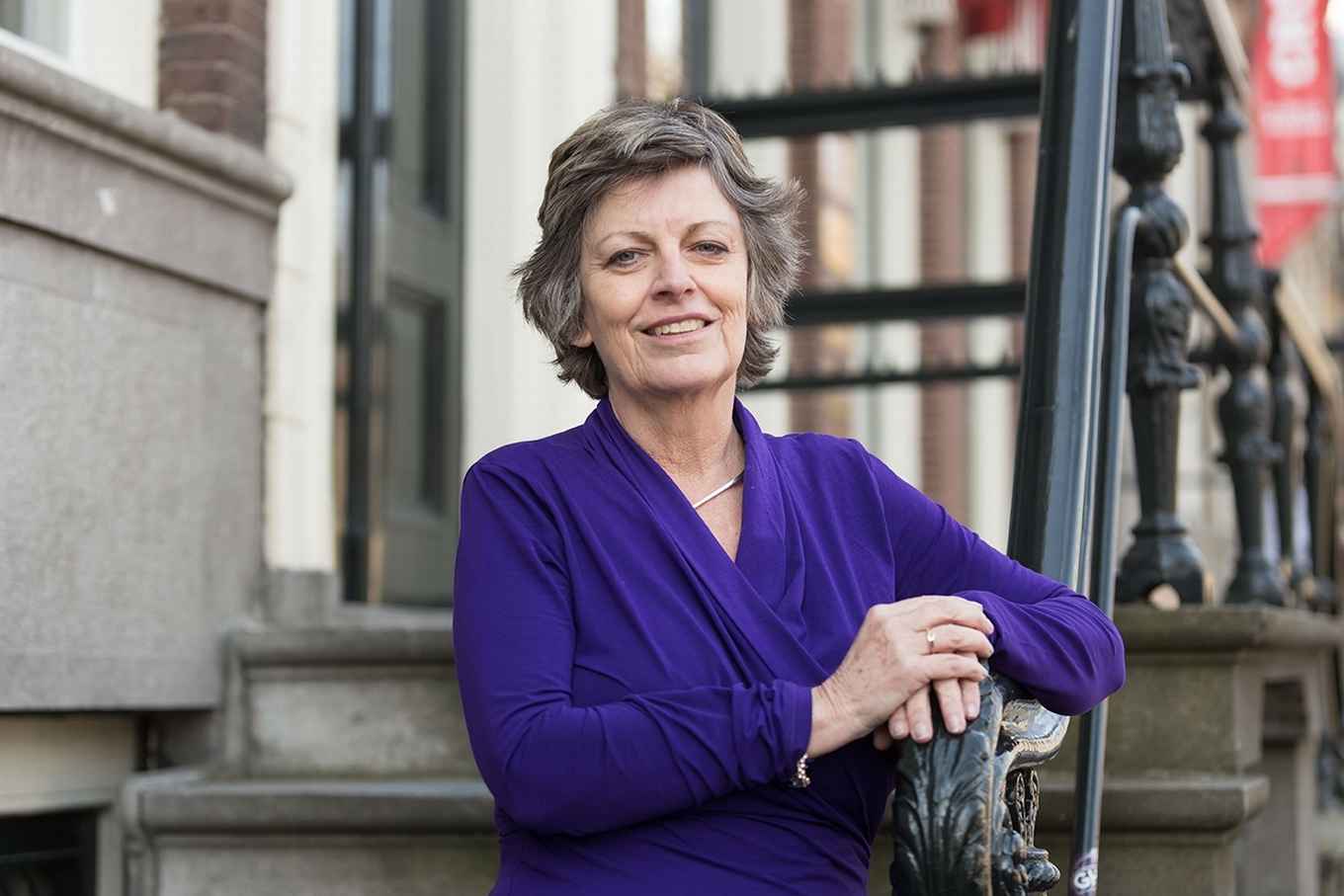Rosemarijn Hoefte, professor of the History of Suriname
17 May 2017

Rosemarijn Hoefte will be combining her professorship at the UvA with her position as (senior) researcher at the KITLV. Hoefte specialises in the colonial and post-colonial history of the Dutch colonies in the Caribbean and Southeast Asia. Her main areas of interest are the history of post-slavery Suriname, migration and unfree labour, and contemporary Caribbean history. Hoefte’s research centres around key themes, such as the effects of (trans)imperialism and (de)colonisation on migration and identity.
She is currently working on a number of projects. In 2014, Hoefte published the monograph Suriname in the Long Twentieth Century: Domination, Contestation, Globalization (New York: Palgrave Macmillan) on her research into 20th-century Suriname history. Her current projects focus on a comparison between ‘The Three Guianas’ (French Guiana, Guiana, and Suriname) and Javanese identity in the diaspora. In addition, Hoefte is working on a biography of the Surinamese social activist and politician, Grace Schneiders-Howard. Earlier this year, Post-Colonial Trajectories in the Caribbean: The Three Guianas (London: Routledge, 2017) was published on the Guianas, a volume that Hoefte edited in collaboration with Matthew L. Bishop and Peter Clegg.
The development of Suriname
As a professor at the UvA, Hoefte will be focusing on the development of the then-Dutch colony of Suriname from 1873 onward. After the abolition of slavery and from the time indentured workers first started coming from British India and Java, Suriname continued developing into a multicultural society. This period is marked by a series of phenomena that make ideal subjects for comparative research, including topics such as indentured labour and Asian migration history, colonialism and decolonisation, transimperialism and ethnicity, multiculturalism and nation building.
Linking teaching and research
Hoefte has extensive experience in the field of education, including as the coordinator of the broad inter-university Caribbean Studies course at the KITLV. At the UvA, she will be teaching Bachelor’s and Master’s students from the History degree programme, particularly in the field of Caribbean and Surinamese history. Her goal is to link her teaching to (research) Master’s students to her research into transimperialism and, as such, guide and help the students accrue research experience.
Hoefte is a (senior) researcher at the KITLV and is a member of the KITLV management team. In addition, she is the managing editor of the New West Indian Guide. In May of 2017 Hoefte took up the position of President of the Association of Caribbean Historians.